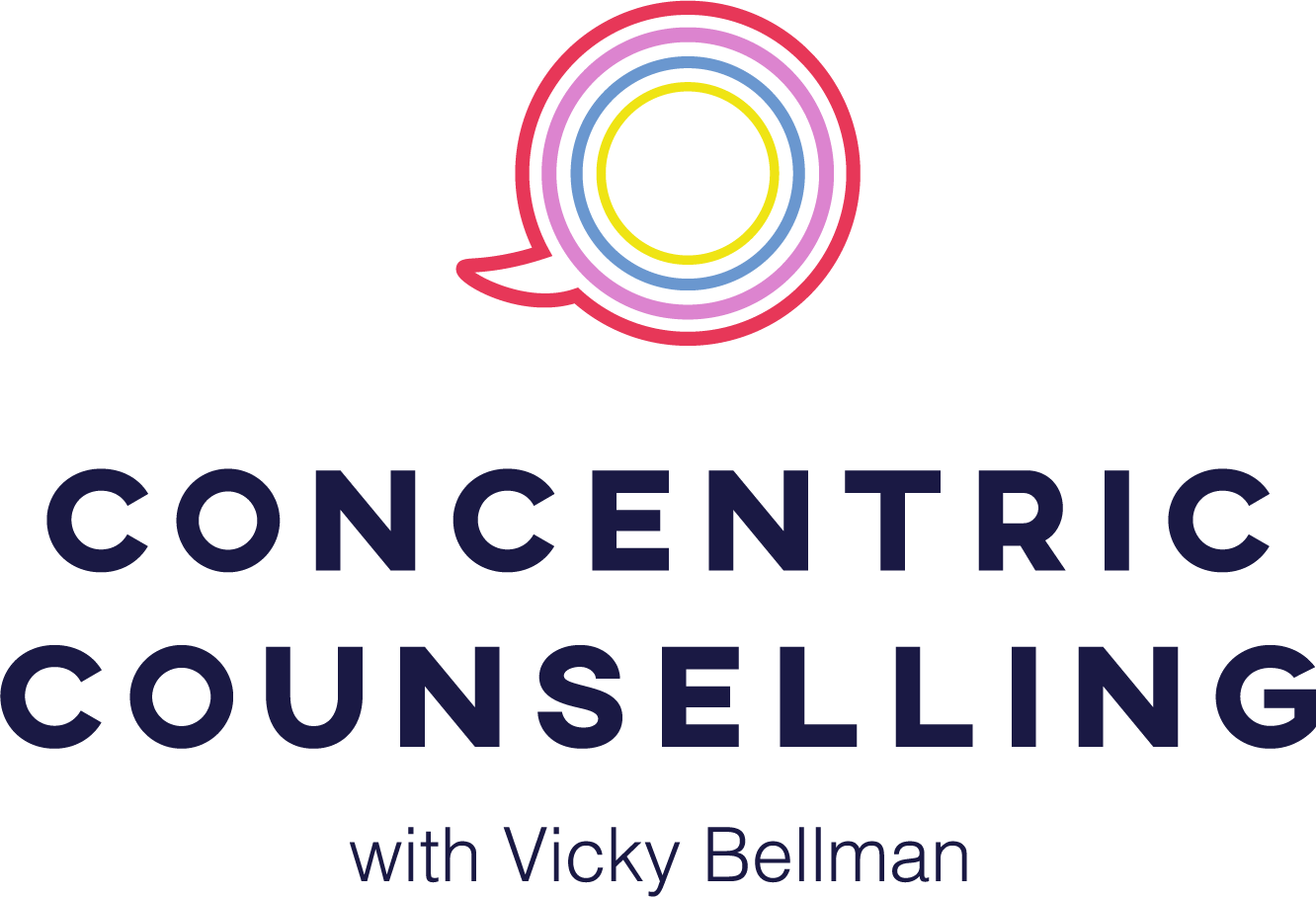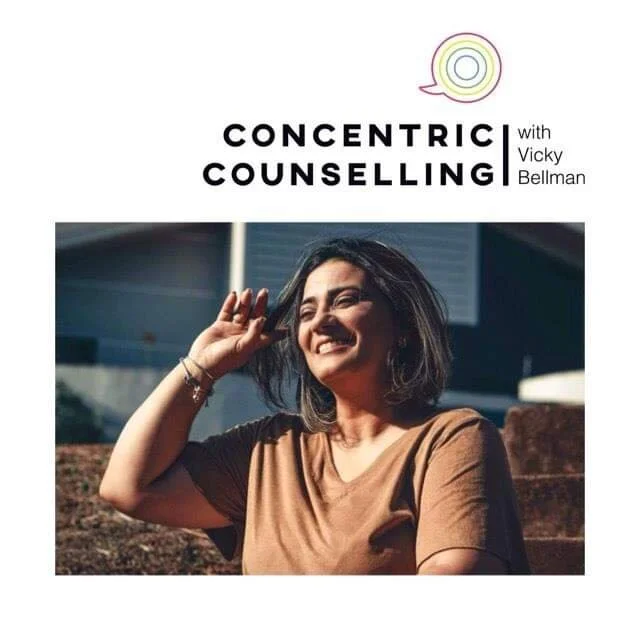Attending to 'emotional grazes' - how to administer emotional first aid
The last month of so has been relentless on the news, and on our social media timelines. In the wake of revelations about Weinstein, we have seen a slew of men being accused of sexual harassment, abuse and assault. There have been ongoing reports of men abusing their positions of power and authority, in Hollywood, in Westminster, and in the lives of women around the world. The #metoo campaign has reminded us all of the level of threat that women can experience.
Taking in so many traumatic stories vicariously can have a real impact on our sense of wellbeing, as can standing with victims and survivors. On social media, victims/survivors, allies and activists have been calling for the stories of women to be acknowledged, and for the men responsible to take responsibility and take account. This has, inevitably, led to some people being attacked for taking a stand. Activism, and making ourselves visible, can be *exhausting*. It can leave us open to attack, and feeling vulnerable, for sticking our neck out and saying what we feel needs to be said.
Being attacked online, or feeling the vicarious effects of hearing so many traumatic stories, can illicit the same response as if we've been attacked physically - we perceive a threat, and our body can react in exactly the same way as if someone was squaring up to us in an alleyway - by going into a stress response (commonly known as Fight-Flight-Freeze-Flop-Friend). We release adrenaline, ready for action, and a short burst of cortisol. Our thinking brain can go 'offline', and we can experience physical symptoms, such as dry mouth, flushing, shaking. Think of it as the emotional equivalent of falling off your bike - you need to take a moment to check yourself over, brush yourself down, restore your equilibrium, and either administer a bit of First Aid to yourself, or find someone who can help you. Allow yourself the same permission to attend to this 'emotional graze' as you would if you had experienced physical soreness.
With that in mind, here's some suggestions for some 'Emotional First Aid':
take a digital detox
So much of our lives are online that it can be difficult to make space for a tech break. But, often, especially during news crises, the continuous onslaught of new information and headlines can be difficult to process; our brains are not designed to deal with a constant, relentless influx of information, particularly when it's so negative. Consider what amount of time offline you could reasonably commit to, and set that boundary. It might be five hours, it might be two days, but a tech break gives us some breathing space.
consider your sensory feeling of security
If you're feeling attacked, the aim is to regulate yourself back to a feeling of safety. Sensory comfort can be important, so take a moment to think about what would make you feel better. Tea with a sugar in it, and a biscuit? A big bowl of vibrant, colourful salad? Soup? A takeaway so you don't have to cook? It's not about being virtuous, or the opposite, but about listening to your body, and responding to your needs.
As always, drink lots of water, to flush out your system, and keep your mind clear.
make yourself comfortable
Yes, we need to leave the house - to go to work, to meet friends, and to do the shopping. So it's not possible to stay at home in sweats all the time. But, as far as possible, wear clothes that make your feel comfortable and don't constrict you in any way, or dig in. Soft fabrics that don't rub, soft waistbands and cuffs - the aim is to feel as physically at ease as possible. If you feel a bit vulnerable and want to hide, how about a scarf that you can pull up around you for a bit? Take a second to consider what would make your body feel safe and protected.
check your temperature
Feeling flushed or cold/shivery are common symptoms of feeling attacked, so check out your temperature and respond accordingly. Light layers are useful, so you can respond to any fluctuation. A blanket? A scarf to snuggle in? A warm bath? Or perhaps a cool shower if you're feeling overwhelmed and overheated.
ground yourself
If you're feeling very emotional - anxious, teary, vulnerable - ground yourself in the Here and Now, and help get your thinking brain back online, by attending to the details of what's around you. A useful technique is the 5-4-3-2-1 ground technique -
5. Name five things you can see;
4. Name four things you can touch;
3. Name three things you can hear;
2. Name two things you can smell;
1. Name one thing you can taste.
Getting back in touch with your senses, your body, and your surroundings, is a great way to regulate yourself.
seek out the company of safe people
If you had a knock on your bicycle on the way to work, I'm almost certain you would want someone to stop and check how you were. Then you'd want to see your favourite person when you got to work, or to hide in the loos and call your most supportive friend or family member. In the same way, if you feeling emotionally grazed, seek out people that make you feel safe, and taken care of. Perhaps it's a partner of parent, a best friend or trusted colleague - it might be a support group, activity/hobby group or community/faith group - connect with other people who care. Do what you are able to do, within your circumstances, to reach out to others and surround yourself with people you trust.
shake it out
When we've been knocked, emotionally or physically, we often describe ourselves as feeling shaky, wobbly, trembling. So do your best Taylor Swift impression and *shake it off*. Starting at the top of your body and as gently or vigorously as feels right for you, shake or rotate your head or neck, before moving down to your shoulders, your arms and hands, your torso then hips, your legs and then your toes. Shaking is an extremely clever response to stress - allowing us to discharge unused adrenaline and help our body move on.
If you're not physically able to do this, how about some stretching exercises? Or some other way to gentle move your body.
look for the good in others
The world can often feel hostile, frightening and dark. In these times, we have to remind ourselves of the good that people are doing. In a previous blog post, I spoke about the usefulness of creating a Restorative Narrative - all around the world, people are working for the advancement of good, and it's happening right in our neighbourhood as well. Look, for example, at a community group like Meeting Need, working within Tunbridge Wells for the local community.
afterwards, rest
You've had a knock. You've felt vulnerable. So, when you have the opportunity, take a bit of time to recharge. Get a good amount of sleep. Watch your favourite film (not too scary!). Light candles and dim the lights - especially if you've been crying and your eyes feel sore. Give yourself permission to be kind to yourself, and have a little recharge. And, as always, consider reaching out for extra support if you feel you're really struggling.
If you have been affected by any of the issues raised in this post, and think that counselling would help, do please contact me. For more details, or to arrange an initial consultation, call me on 07419 190930 or hello@concentriccounselling.com.











